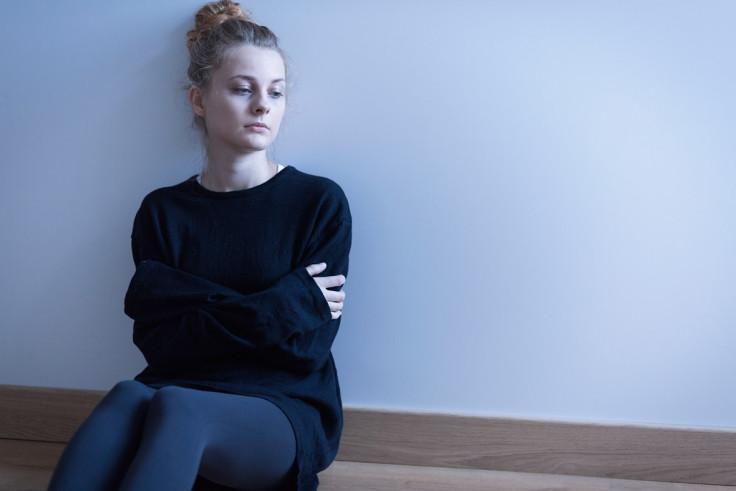Most antidepressants for children and adolescents work no better than placebos

Most of the antidepressant drugs currently prescribed to children and adolescents for severe depression work no better than a placebo, scientists have said. Only one treatment, fluoxetine, appears to truly relieve the symptoms of depression.
The study, published in The Lancet, is the largest literature review and comparison of antidepressants' effectiveness on young people to date.
How antidepressants work, and whether they do better than placebos is a widely debated issue in the field of psychiatry but while there is a lot of data collated on adults, little is known on how children and teenagers fare.
Large comparison
More than 500 papers have been published about antidepressants and their safety and effectiveness in adults, but Andrea Cipriani – from the University of Oxford – and his team only found thirty-four dealing with children.
The scientists conducted a systematic review and network meta-analysis of these published and unpublished studies, in order to assess the risks and benefits of young people taking these drugs.
The advantage of their method was that they were able to compare 14 common antidepressants with a placebo simultaneously, providing physicians with a good source to check the benefits of each drug in relation to one another.
The researchers ranked the antidepressants by efficacy (change in depressive symptoms and response to treatment), tolerability (discontinuation due to adverse events), acceptability (discontinuation due to any cause), and associated serious harms (whether taking the drug led to suicidal thoughts and attempts).
"Our work allows you to make the best use of all available evidence and compare all the licensed medications against to each other, even those which have not been compared directly in the same study", Cipriani told IBTimes UK.
This analysis reveals that the great majority of treatments are no more effective than a placebo. The only exception appears to be fluoxetine, which scores highest for effectiveness and tolerability. On the other hand, venlafaxine was correlated with an increased risk of engaging in suicidal thoughts and attempts compared with a placebo and five other antidepressants.
"Even though we already knew that fluoxetine was probably the best antidepressant to give to children, seeing it is the only one that scores better than a placebo is quite a new and clinically relevant finding", Cipriani adds.
First-line treatment
So how may these findings change how children and adolescent depression is treated? Currently, psychological therapy is recommended as first-line treatment, with medications only given if this approach fails. Fluoxetine may then be the drug of choice, but Cipriani says you can't discard all other antidepressants. You have to adapt to each patient using not only the best evidence, but also taking into account values and preferences of the patients and their families.
"Based on our study, the only thing we can say for sure is that fluoxetine is the only evidence-based option when psychological interventions have failed (or are not available), if clinicians have no information about personal psychiatric history or previous response to other treatments. However, in some specific cases other drugs may work as well".
Similarly, the study shows that some drugs increase the risk of suicide in children and teenagers, but not all. "Although our study highlights the need to be careful when prescribing antidepressants to children - as some may increase impulsivity and thus suicidality - the bottom line is that not all antidepressants are created equal and it might be better to take certain drugs rather than not treating people at all", Cipriani concludes.
© Copyright IBTimes 2025. All rights reserved.






















